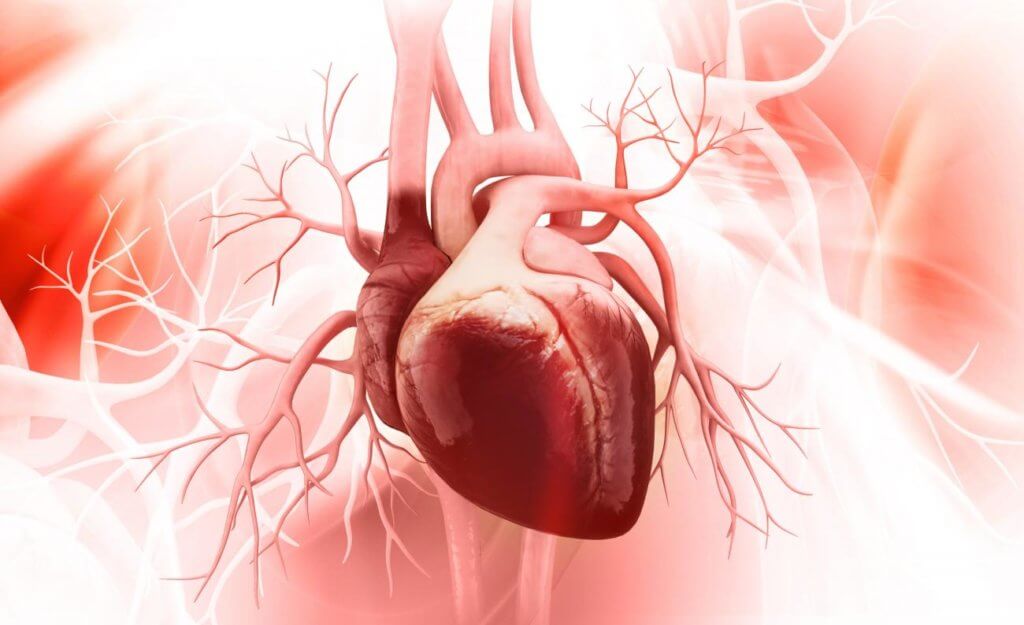Too often mental health problems are dismissed as being “all
in your head”. With scientific and medical advancements showing mental illness can
cause physical changes to the body, we now know the devastating impact mental
health has on physical health.
One system that is greatly affected by mental health is the
cardiovascular system. Unfortunately, not only is there a link between mental illness
and cardiovascular disease, it’s a connection that runs both ways.
Mental Health is Heart Health
People with severe mental illness – conditions like bipolar
disorder, schizophrenia, or depression – have a life expectancy that is 15-25
years less than average. While suicide and
accidents are believed by many to be the most common causes of death for people
with mental illness, cardiovascular disease is actually the leading cause. In fact, cardiovascular mortality for people with
mental illness is twice the rate of the general population. Despite the high and growing rate of cardiovascular
disease in people with severe mental illness, only 25% are diagnosed with a
cardiovascular condition, leaving many untreated and at risk.

People with severe mental illness are more likely to smoke
and live a sedentary life, behaviours which likely contribute to higher rates
of cardiovascular disease. Mental health medications with side effects
including increased risks of obesity, insulin resistance, and cardiac arrhythmias
also help to drive up the rate of cardiovascular disease.
But, physical changes associated with mental health
conditions can directly damage the heart and blood vessels, a fact that is not
widely known. Hormonal and nervous system changes associated with anxiety and depression
can trigger irregular heart rhythms called “arrhythmias”, promote blood clot
formation, and even cause heart attacks. Depression, schizophrenia, Post
Traumatic Stress Disorder (PTSD), and anxiety can alter the immune system and
create a state of hyperinflammation, damaging blood vessels and the heart, and
promoting cardiovascular disease. In short, the physical consequences of
mental illness can cause damage to the cardiovascular system that is potentially
fatal.
An Informal Risk is Still a Risk
Mental health reaches beyond diagnosed medical conditions and
includes a number of psychological stressors, such as financial problems or
socioeconomic status; chronic adversity associated with work or personal
conflicts; and dealing with illness or death of a family member or friend. These psychological stressors trigger physical responses in the
body that accelerate biological aging and increase the risk of many health conditions,
from obesity to diabetes and cardiovascular disease.
Heart Health Drives Mental Health
The link between heart health and mental health is not
one-way. People with cardiovascular disease are at greater risk of developing
mental health issues.
Up to half of sudden cardiac arrest survivors experience
long-term depression and anxiety, and one-third develop PTSD. Heart attacks are associated with a higher risk of
anxiety and depression, which in turn increase the risk of dying from another cardiac
event. In fact, heart attack survivors who
develop PTSD have twice the risk the dying from another heart attack within 3
years, compared to survivors with no mental health issues.
Studies show that cardiac rehabilitation and independent
exercise programs are effective at improving physical and mental health. Unfortunately, cardiac patients who suffer from
anxiety and PTSD are less likely to participate in regular exercise following
their event and are less likely to complete cardiac rehabilitation. The negative effects of mental illness on physical
activity confound recovery from cardiovascular disease and increase the risk of
complications and death.
A Tailored Fix
Despite the known link between mental health and
cardiovascular disease, people with serious mental illness are less likely to
be assessed for cardiovascular risk factors and are less likely to be given
treatment that follows guidelines. Even when
treatments are available many studies show that people with mental health
conditions are less likely to follow treatment protocols, and that interventions
designed to lower the risk of cardiovascular disease in the general population
are not effective when applied to people with mental illness.
The complex interactions between mental illness and cardiovascular
disease requires a novel approach that breaks down the silos of medicine.
Facilitating access to care and providing evidence-based
treatments are two critical steps necessary to reduce the risk of
cardiovascular disease in people with mental illness.
Among the recommendations to meet these objectives is widening the circle of
care for patients to create a more coordinated and supportive environment. A multidisciplinary
team of healthcare professionals would help to ensure that the full spectrum of
health concerns is considered and that treatment plans are simplified to help
patients follow recommendations. Inclusion of the patient and their support
group in decision making helps to improve adherence to treatment plans and
gives patients a sense of value. Research also suggests that programs designed
to reduce cardiovascular disease risk for people with serious mental illness
should be high-intensity and that some behavioural interventions are most
effective when delivered alongside pharmacological treatments.
Mental Health By the Numbers
Mental illness is a growing health concern. Approximately 1
in 5 adults experience mental illness every year. A
similar number of youth are affected by mental illness and rates of
hospitalization for mental health issues in young people grew by ~60% between
2008 and 2018.
Despite the high and growing rates of mental illness, a majority of people with
mental health conditions do not receive appropriate care.
The interactions between cardiovascular disease and mental
illness create a perfect storm for a medical crisis.
Acknowledging, understanding, and tackling the threat to global health
presented by these growing challenges is critical to avert a healthcare
disaster.